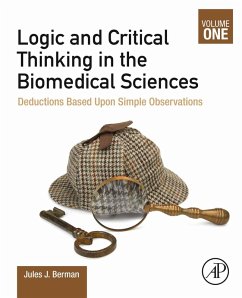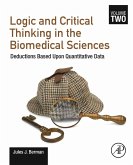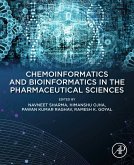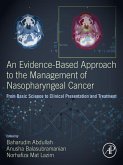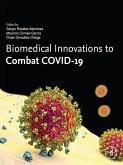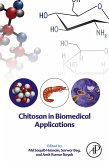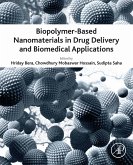Science is not a collection of facts. Science is the process by which we draw inferences from facts. Volume I of Logic and Critical Thinking in the Biomedical Sciences invites readers to linger over a collection of common observations to see what inferences can be drawn, when one applies a bit of deductive logic. If we just think about what we observe, it is often possible to discover profound biomedical insights.
Volumes 1 and 2 of Logic and Critical Thinking in the Biomedical Sciences are written for biomedical scientists and college-level students engaged in any of the life sciences, including bioinformatics and related data sciences.
Volumes 1 and 2 of Logic and Critical Thinking in the Biomedical Sciences are written for biomedical scientists and college-level students engaged in any of the life sciences, including bioinformatics and related data sciences.
- Provides a strong introduction to deductive methods that can be directly applied to the biomedical sciences
- Using hundreds of examples, shows how creative scientists draw important inferences from observations that are often ignored by their peers
- Discusses complex biological and medical concepts in a relaxed manner, intended to focus the reader's attention on the deductive process, without dwelling excessively on details
Dieser Download kann aus rechtlichen Gründen nur mit Rechnungsadresse in A, B, BG, CY, CZ, D, DK, EW, E, FIN, F, GR, HR, H, IRL, I, LT, L, LR, M, NL, PL, P, R, S, SLO, SK ausgeliefert werden.

